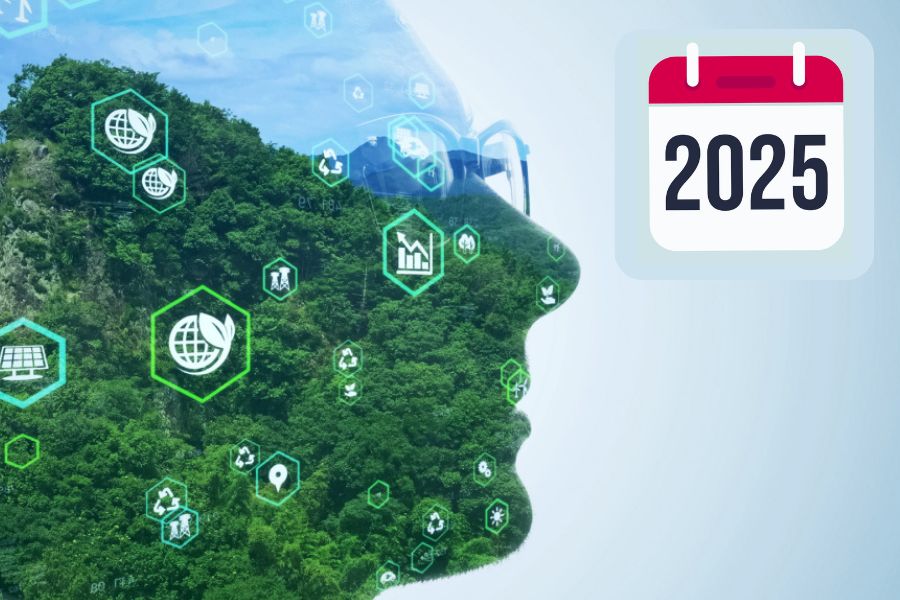In this guide, we’ll explore the benefits of using ESG software, what to consider when choosing the best ESG software for your company, and what features to look for in an ESG software solution.
Benefits of using ESG Software
ESG data management and reporting software offers many benefits to businesses. By automating the data collection process, an ESG software tool can help improve the quality and audit-readiness of data. ESG software solutions also centralize data into a system of record (SOR), providing visibility into sustainability efforts and helping businesses manage risks and opportunities.
ESG software solutions also offer analytics to assess current performance, track progress against targets, and benchmark performance against similar peers. This insight can be particularly helpful when presenting data to investors and other stakeholders.
Additionally, good ESG data management and reporting software will make it possible to collect data by various reporting standards and frameworks. The software will also provide a report builder to enable collaborative report drafting for documents of all kinds.
What to Consider When Choosing the Best ESG Software for Your Company
When selecting an ESG software solution, there are several factors to consider. Here are some of the most important things to keep in mind:
1. Reporting Standards and Frameworks
Before selecting an ESG software solution, it’s important to consider the reporting standards and frameworks that the software can support. Depending on your business sector and location, you may need to report under different standards or frameworks. Ensure that the software you choose can handle the standards and frameworks relevant to your business.
2. Data Collection and Management
One of the most important features of an ESG software solution is data collection and management. Look for software that offers automation of data collection and provides a system of record (SOR) for your team. Automated data collection helps reduce the risk of human error and frees up valuable resources to work on other tasks. A centralized SOR helps improve the quality and audit-readiness of data and facilitates the alignment of your team with a cohesive sustainability strategy.
3. Analytics
ESG software solutions should offer analytics to help assess current performance, track progress against targets, and benchmark performance against similar peers. Analytics can also provide insight into the connection between sustainability efforts and financial performance, helping you present your data to investors and other stakeholders, manage risk, and assess your progress internally.
4. Customization
Every business has unique ESG reporting requirements. Look for an ESG software solution that allows for customization, such as the ability to create custom reports or to tailor data collection to your specific needs.
5. Integration
An ESG software solution should be able to integrate with other systems and software your business uses. Look for software that can integrate with your financial reporting software, your customer relationship management (CRM) software, or any other relevant systems.
6. User-Friendliness
When selecting an ESG software solution, user-friendliness is key. Choose software that is intuitive and easy to use, as this will help ensure that everyone on your team can use it effectively.
7. Customer Support
When selecting an ESG software solution, consider the level of customer support offered by the software provider. Look for a provider that offers comprehensive training and support to help your business.
In Summary
Taking a proactive approach to managing the data required for disclosure provides a complete overview of the risks and opportunities for your business. A better understanding of your material issues allows you to make informed business decisions, create value from your sustainability efforts, and communicate that value to your community.
Managing ESG data is no longer an option; it is a must for all companies that seek to remain competitive. High-quality ESG software provides a reliable source of ESG data for analysis and reporting and is essential for building an impactful ESG strategy.



